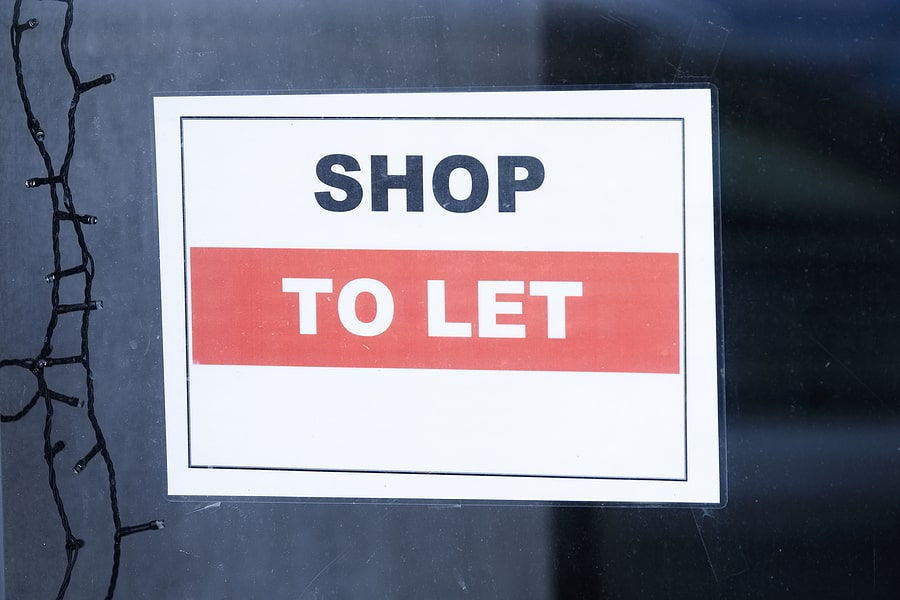Why use The Law Superstore to find solicitors to sell your business?
- Expert solicitors across the country
- Vetted and regulated by the SRA
- Over 100,000 people helped
- Instantly compare quotes from up to 4 solicitors
-
I was able to identify a local solicitor to where my case was being heard and in the process of preparing a case for court.
-
I had a number of very quick responses & I am using one of them for my POA.
-
Quick to respond with clear explanation of the law in a layman’s language.cheaper fees for extra services like planning permissions etc.
-
Efficient website, immediate response, instructions issued same day.
-
You offered a number of solicitors that all responded to emails or a phone call. So very pleased.
How to sell your business
There are a few things to consider when you first start thinking about selling your business. It’s crucial to accurately value your business to ensure you receive a fair price. This can be done by assessing the financial performance, assets, and potential growth of your business. Secondly, you should prepare all necessary documentation, such as financial statements, tax records, and legal contracts, to provide potential buyers with a comprehensive overview of your business. When the time comes to start the selling process, it’s important to market your business. This can be done through online platforms, business brokers, or industry-specific networks. Lastly, it’s crucial to seek professional advice from lawyers and accountants who specialise in business sales to ensure a smooth and legally compliant transaction. Finding a legal expert can make the whole process so much easier.
When is the best time to sell my business?
This depends on you and your circumstances. It’s important not to rush the process, and definitely spend the time ensuring all your paperwork and finances are in order, you have everything a potential buyer would want to see, and that you’ve properly valued your business. If business is booming, it can be great to sell on a high or just before a peak, when projections look fantastic. However, whenever you decide to sell the key is to be prepared, and to have an excellent solicitor on your side to write up the paperwork and confirm all the details so you can feel confident.
How to buy a business?
If you’re looking to buy a business, the key steps are the same – look at all the financial information presented by the company and ensure you’ve got legal and financial experts on your side to assess whether this is the right choice for you. Buying a business perhaps involves more risk and arranging capital, but you can still be supported by an expert lawyer to guide you through the purchase.
If you’d like to know more about the legal process when buying a business, go to our specific page below.
Frequently asked questions
Do I need a solicitor to sell my business?
Whilst you don’t legally need to have a solicitor in order to sell your business, it makes sense to do so. A solicitor can provide valuable guidance and assistance throughout the process, ensuring that all legal requirements are met and protecting your rights and interests. They can help with tasks like drafting and reviewing contracts, conducting due diligence, and negotiating the terms of the sale. Additionally, a solicitor can help you navigate any potential legal complexities and ensure the transaction proceeds smoothly. By having a solicitor on your side, you can have peace of mind and confidence in the sale of your business.
How much does it cost to sell my business?
The legal cost of selling your business depends on the complexity of the sale and how your solicitor works out their rates. Sometimes, a solicitor may take a percentage of the business sale value. It’s worth talking to your legal expert about how they charge for business sale work, as well as considering all the other costs like an accounting expert.
What does selling as a going concern mean?
Selling a business as a going concern means that the business is being sold with the intention of continuing its operations and maintaining its current customer base. In other words, the buyer will take over the business and continue running it without significant interruption. This can be an attractive option for both buyers and sellers, as it allows for a smoother transition and minimizes the risk of losing customers or disrupting the business's operations. When selling a business as a going concern, it is important to ensure that all necessary assets, contracts, and licenses are transferred to the buyer so that they can continue operating the business seamlessly. It usually means that a company is likely to survive over the next year, so does not require a huge amount of investment or big changes when it’s bought.
How long does it take to sell a business?
An average timeline for selling a business could be 6-12 months, but you can speed this up by having all of your paperwork and financials in order, picking a great solicitor to help you process all the paperwork and choosing the right time to sell. More investors tend to look for opportunities in the first quarter of the year, whereas it might be harder to get interest during the holidays. Similarly if your business is showing strong growth projections, it will seem more appealing and the process of finding a buyer will speed everything else up.
How do you value a business?
Valuing a business involves assessing various factors to determine its worth. One common method is the financial approach, which involves analysing the business's financial statements, cash flow, and profitability. This approach typically uses metrics such as revenue, earnings, and assets to calculate a fair value. Another approach is the market approach, which compares the business to similar companies that have recently been sold to determine its value. This method considers factors such as industry trends, market conditions, and the business's competitive position. Additionally, the asset-based approach values the business based on its tangible and intangible assets, such as inventory, equipment, intellectual property, and goodwill. Valuing a business requires a thorough understanding of its industry, market, and financial performance, and it’s advisable to seek the expertise of professionals such as business appraisers or accountants to ensure an accurate and fair valuation.


